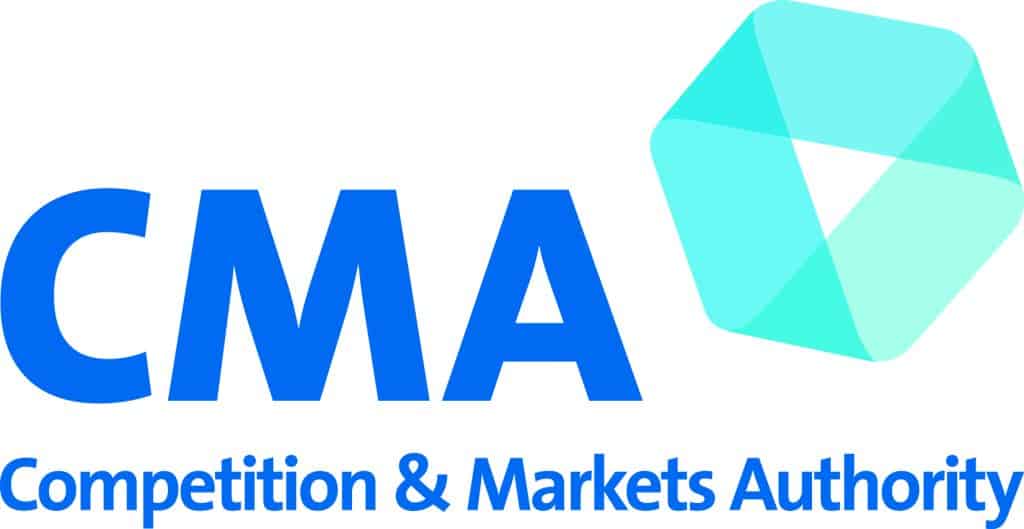
CMA accuses Concordia and Actavis of illegal agreement to maintain high prices
pharmafile | March 3, 2017 | News story | Medical Communications, Sales and Marketing | Actavis UK, CMA, Concordia, competition and markets authority
The Competition and Markets Authority (CMA) has alleged that Concordia and Actavis UK entered into a clandestine agreement to maintain Actavis’ position as the sole seller of hydrocortisone tablets. Concordia had the potential to enter the market with a competing generic version of the drug but it is alleged that Actavis instead supplied Concordia with its own drug at a drastically reduced price.
The preliminary findings from the investigation found that during the period January 2013 and June 2016 Concordia and Actavis UK began anti-competitive behaviour to increase the profits of both companies at the expense of the NHS.
Actavis UK purchased the rights for 10mg hydrocortisone in 2008, at which point Concordia began to develop its own generic. Before Concordia introduced the drug to the market, Actavis stand accused of reaching out to agree a deal whereby it supplied the drug at discount for Concordia to sell onto the UK market, at an inflated profit – at the same time, the price of a packet of the drug almost doubled to £88.
Hydrocortisone tablets are used as the treatment for individuals whose adrenal glands do not produce the correct amount of natural steroid hormones, such as in Addison’s disease.
Andrew Groves, CMA Senior Responsible Officer, commented on the case: “Anti-competitive agreements can cost the NHS, and ultimately the taxpayer, by stopping competition bringing down the cost of lifesaving drugs like hydrocortisone tablets. We allege these agreements were intended to keep Actavis UK as the sole supplier of a drug relied on by thousands of patients – and in a position which could allow it to dictate and prolong high prices. As always at this stage in an investigation, these findings are provisional and no conclusion should be drawn at this stage that there has in fact been any breach of competition law. We will carefully consider any representations of the companies under investigation before determining whether the law has been infringed.”
These latest provisional findings are just one in a series of cases that the CMA has been involved with – with Pfizer given a record fine by the CMA in December and fining GSK for a pay-to-delay case in February of last year.
Ben Hargreaves
Related Content

Aspen Pharmacare to pay £8 million after colluding to rip off NHS
South African firm Aspen Pharmacare has agreed to pay £8 million to Britain’s NHS over …

NHS faced with 5,700% increase in drug price, finds CMA
The Competition and Markets Authority (CMA) has pulled up Concordia as, provisionally, being found to …

Regulators get aggressive on matters excessive
Gustaf Duhs, Partner at Stevens & Bolton, discusses the recent cases of regulators becoming firmer …








